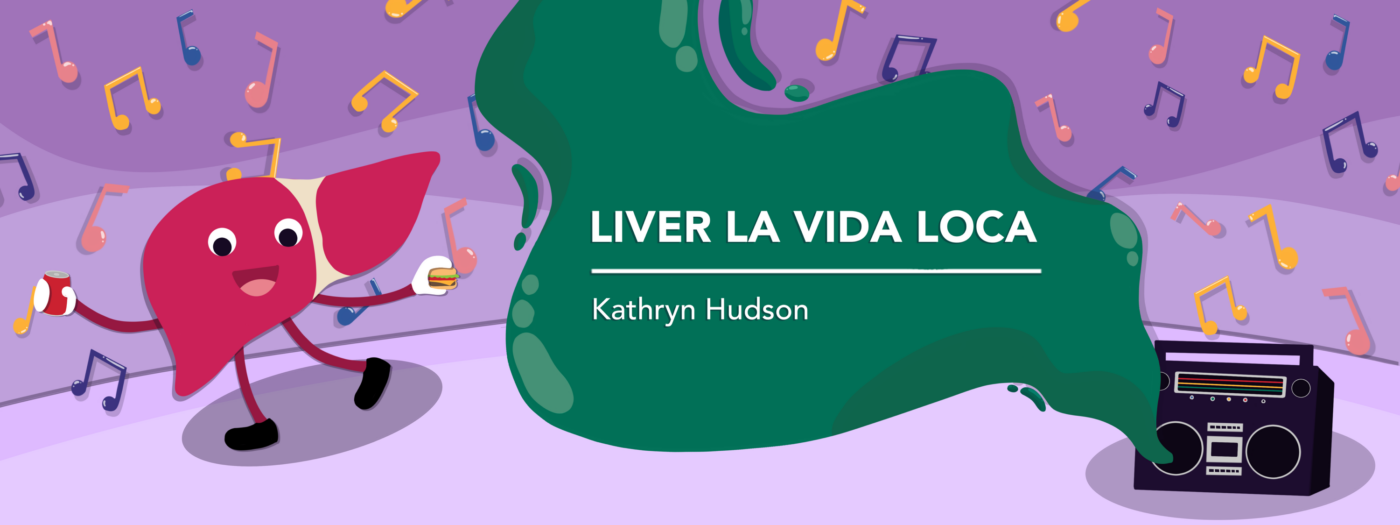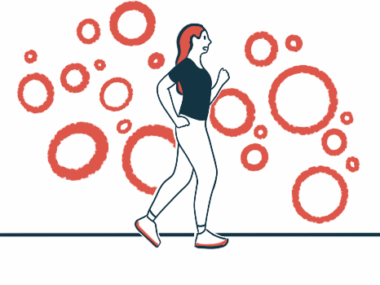Access to food is a survival tactic when your liver needs nutrition
Eating for your health is complicated when you can’t access the food you need
Written by |

Growing up in a dusty Utah town, my life looked nothing like the one I lead today. My parents worked hard, but the early 1980s economy didn’t make it easy for them. Cue the violins and slice the government cheese. We managed to get by, but feeding four kids and two adults with nourishing food was a daily challenge.
We grew much of what we ate, but those government-issued food boxes were a lifeline. Rice, potted meats, blocks of cheese heavy enough to double as a weapon — whatever showed up, we used. Standing in line with neighbors, we all knew the truth: No one was doing great. Everyone was just trying to survive. That memory resurfaced recently during the federal government shutdown, when 42 million Americans temporarily lost access to their monthly Supplemental Nutrition Assistance Program (SNAP) benefits.
Qualifying for food assistance
I understand food insecurity on a gut level. So does your liver. When you’re living with a disease like metabolic dysfunction-related steatohepatitis (MASH) that touches nearly every corner of your life, the food you eat becomes both fuel and medicine. But eating for your health gets complicated fast when your wallet is gasping for air and your liver is decompensating because you can’t afford the nutrition you need.
Here’s the thing: You might be eligible for help, but many people, especially seniors, don’t realize they qualify.
The average SNAP benefit is about $188 a month — not a full grocery budget, but enough to widen your choices and give your body the nutrients it’s begging for. If you aren’t sure if you qualify, start with your local social services office. Beyond SNAP, some states offer monthly food box deliveries with staples and fresh items you can use right away.
There’s also a rising star in the chronic illness world: medically tailored meals (MTMs). These programs provide nutritionally targeted, condition-specific meals designed for people living with diseases like MASH, diabetes, heart failure, and more. Some MTM programs partner directly with state Medicaid plans; others are subsidized by private insurers if a provider recommends them. According to Food as Medicine, patients using MTMs for chronic diseases saw about 70% fewer emergency department visits and 50% fewer hospital admissions. Food is powerful. It’s not everything, but it moves the needle in ways we can measure.
If you live near a Meals on Wheels provider, that’s another option for prepared, balanced meals delivered right to your door. Some insurance plans help cover the cost, and many locations offer sliding-scale pricing so you’re not left choosing between groceries and the electric bill.
Years ago, I had a small plot in a community garden. I loved it — the tomatoes, the herbs, the chatting with fellow gardeners while trading peppers or zucchini. It wasn’t just food; it was connection and dignity. Community gardens take work, but they can help you access fresh, healthy produce without the grocery store markups that make your eyes water more than the onions you just chopped.
Food is one part of health we truly can’t afford to cut corners on, but when life forces us to, we have to make smart choices. I’ve pushed over-processed foods off my plate, trimmed back the fried and fatty favorites that used to call my name, and learned to keep a close eye on sugar so my liver doesn’t slide backward.
I hope you find the resources — and the resilience — to take care of your body as well. You deserve food that supports your health, not undermines it. And if you need help getting it, reach for it. That’s not a weakness — it’s survival.
Note: Liver Disease News is strictly a news and information website about the disease. It does not provide medical advice, diagnosis, or treatment. This content is not intended to be a substitute for professional medical advice, diagnosis, or treatment. Always seek the advice of your physician or other qualified health provider with any questions you may have regarding a medical condition. Never disregard professional medical advice or delay in seeking it because of something you have read on this website. The opinions expressed in this column are not those of Liver Disease News or its parent company, Bionews, and are intended to spark discussion about issues pertaining to liver disease.








Leave a comment
Fill in the required fields to post. Your email address will not be published.